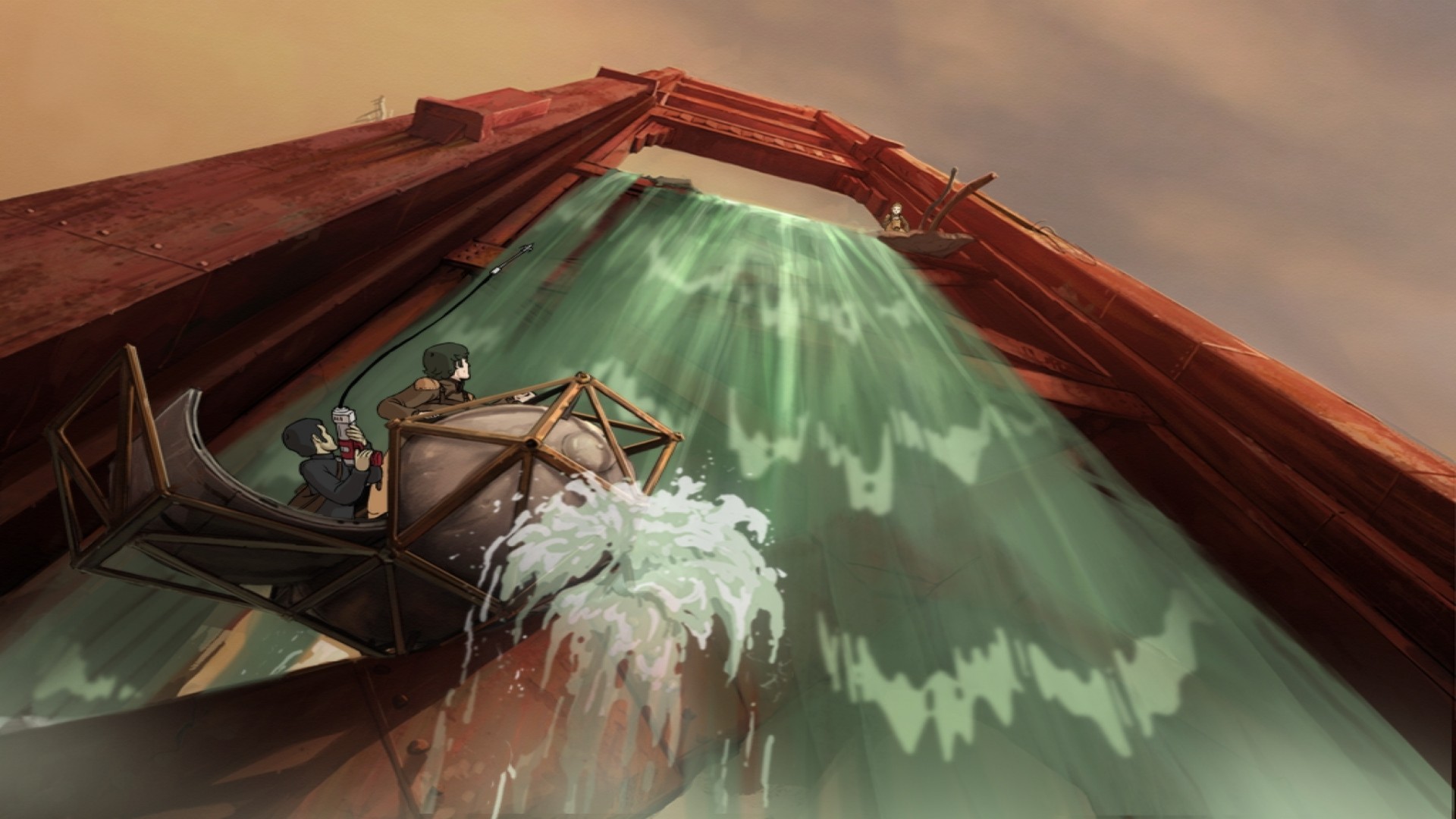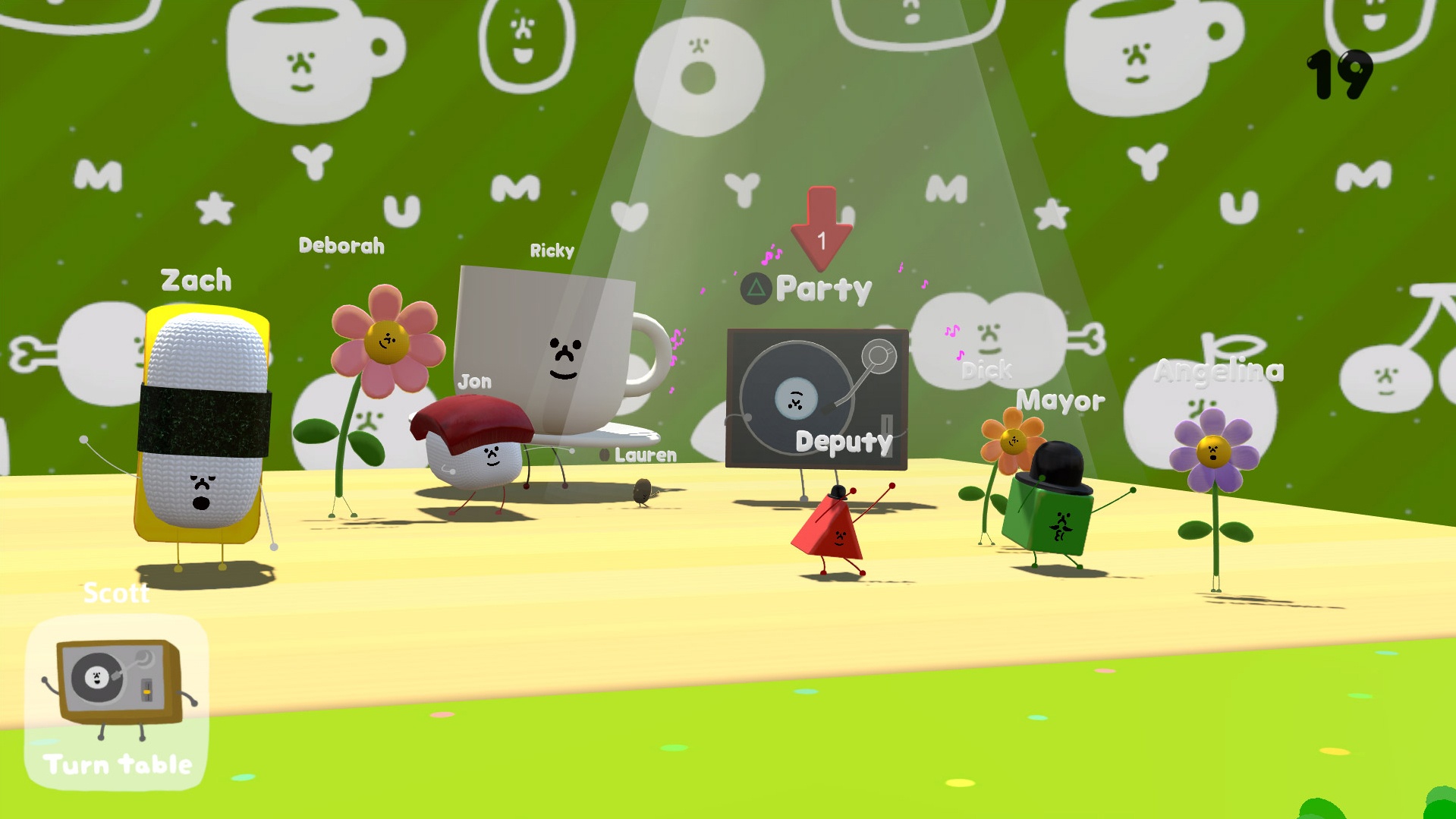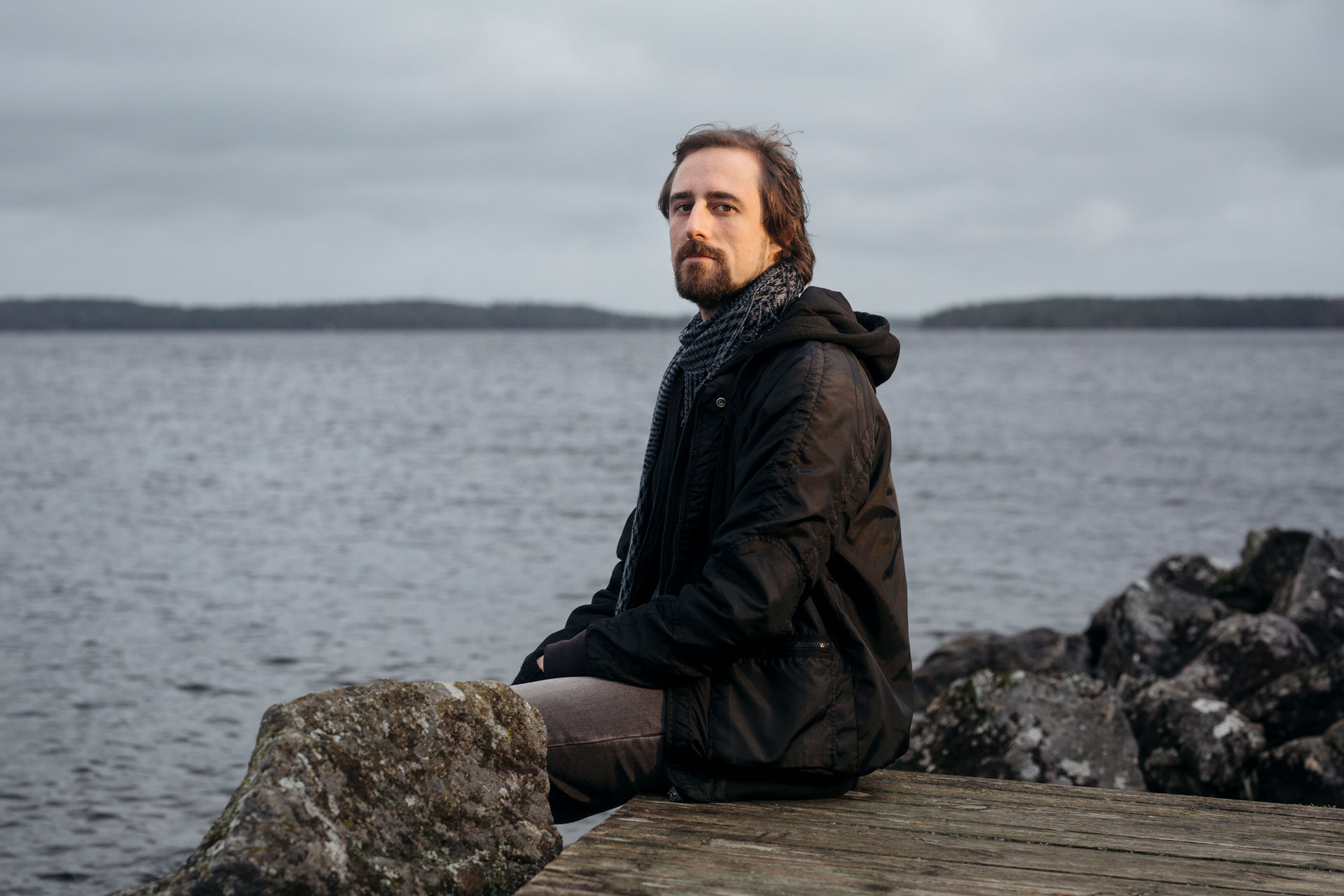Although climate change is daunting, its pervasiveness leaves many open fronts for action. To act consciously, you will have to overcome some traps and develop a sense of informed imagination-ideas that are meaningful and within your reach. Being perceptive and honest about your possibilities will be vital to make the most of your time and energy, writes our grantee Daniel Fernández Galeote.
You may want to save the world, but how to do it remains unclear. Because it is more than a wicked problem, meaning that its complexity and resistance to being solved are off the charts. Climate change is everywhere you look – not only in the receding rainforests of Brazil, the Congo or Indonesia, or the silent extinction of distant species, but in global pandemics and your nearest supermarket.
But the pervasiveness of climate change can also be good news for action. Protecting and restoring the local environment and its species is climate action, as is fighting for a democracy that protects its land and citizens, cooperates with other peoples, and acknowledges unequal responsibilities and vulnerabilities at the planetary scale. The crisis is daunting, but also one where everyone has a role to play.
I am a researcher studying games for climate change engagement and I am interested in nurturing meaningful involvement with our environmental (and therefore very human) predicament. But for that to occur, we need to discuss some basic concepts related to the adequate framing of personal and collective responsibility, the fact that the world does not revolve around each one of us, and the idea that we can train our eye to detect non-obvious opportunities to do good.
Complacency and heroism hinder climate action
Complacency is a common trap we fall into. This has us doing things that feel good but may not be. These often stem from a non-informed view of what being sustainable means, and so are not entirely our fault. I was surprised to learn that most Finns believe their lifestyle to be sustainable, which is simply not possible according to evidence. It probably does not help that, as George Marshall puts it, framing climate change as “your fault” can result in adopting a few token actions but indulging in other carbon-intensive behavior (eating less meat but going on an exotic vacation), when not in plain refusal to carry the blame. Accept your responsibility, but contextualize it properly.
A second trap is heroism. This has us imagining distorted versions of what we could do as individuals and leaves us paralyzed, tired, and ultimately burned. We want to matter, to find meaning through impact, preferably fast and obvious, but this is extremely unlikely to occur in the massive arena of climate change, whether to significantly mitigate greenhouse emissions or to adapt to climate impacts. Even worse, heroism is ineffectively egocentric and ignores both the context and the benefits of a collective approach.

Overcome traps and recognize your circumstances
Let’s assume that you are willing to unlearn anything you previously thought was good and true. To adopt a post-heroic perspective. First, take care of yourself, accept your emotions, and make peace with the very real possibility of various degrees of failure, from the personal to the planetary. Keeping that in mind would be an outstanding achievement in itself. Then, pause and look around. How can you affect the systems around you? Where can you put pressure to bring “the adjacent possible” into reality?
Opportunities in the public sphere, at home, and at work will largely depend on your circumstances. How receptive is your social and physical environment to your efforts? Can you join an environmental association locally or online? If not, can you share your concern in other organizations you may be a member of? Can you protest? Make art? Post memes? Change jobs? Put your savings elsewhere? Eat and dress differently? Ditch your car? Change your energy supplier? Vote for someone who will implement a local climate action plan? Ask a friend for a chat? Being perceptive and honest about your possibilities will be vital to make the most of your time and energy. This will require what I call informed imagination, which is nothing more than coming up with meaningful but realistic possibilities.
How to train an informed imagination
A climatically informed imagination requires theory and practice. As said, look around for opportunities, as small as they may seem. Read about the science, the politics and the proposed solutions to climate change. You will find fiercely opposing views regarding what the future holds and what you should be doing about it, and that is okay. It is also okay to change your mind or make mistakes – just do not become complacent, for the process of engaging with climate change never ends.
Sooner than later, you should start putting your knowledge into practice. Just remember that you may control some of what you do, but not what results from there. Whether things work or not in the end, ask others if they would like you to share your experiences with them. Mutual care is climate action.
Finally, play critically. As philosopher Murray Bookchin reminded us, “new ecological attitudes and values will remain vaporous if they are not given substance and solidity … through the tangible realities of everyday life from child-rearing to work and play.” Try out game-like citizen decision processes. Make personal changes. Connect with others through gamified social media. Challenge your views of what leaders should do. Play windows to new eco-realities. Design better games for your children as part of the worlds you want them to inhabit and build.


Daniel Fernández Galeote is a doctoral candidate at Tampere University. His research on games for climate change engagement, titled “Our Planet at Play,” is funded by the Nessling Foundation.


